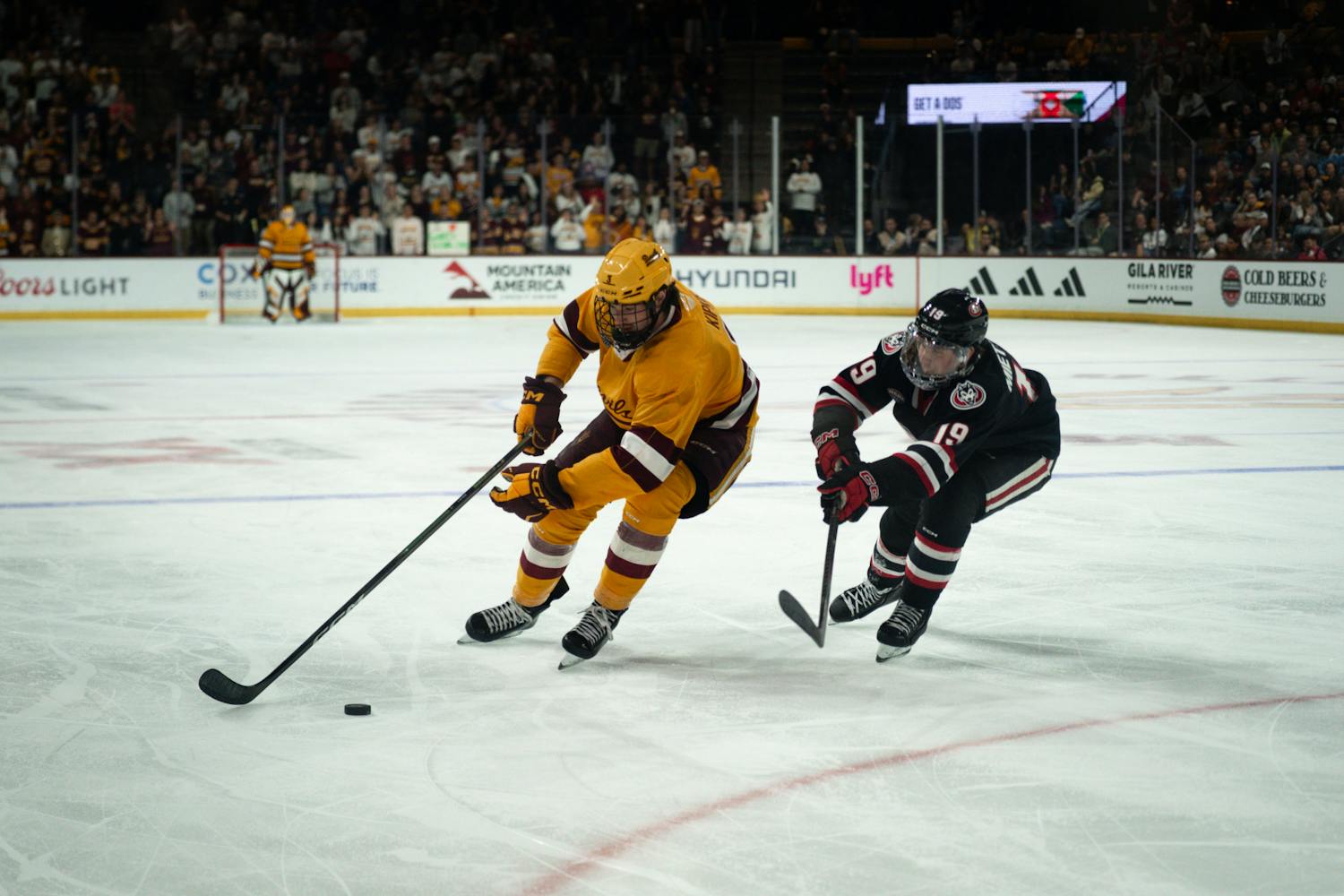Esports is a growing program and scholarship opportunity at colleges and universities across the United States, but statistics show women are steeply underrepresented in the collegiate esports community.
Data from the National Association of Collegiate Esports reports 8.2% of college esports players are women. As for coaches of esports teams, women account for a mere 4%.
"There is not a lot of women in competitive collegiate esports, and personally, when I wanted to try out for our Valorant team, and I was the only girl to try out for the team. It's kind of scary," said Tiana Mitchell, the first diversity and inclusion officer and general manager for GCU Esports. "There was only one girl and there is like eight or 10 teams."
According to a 2015 Pew Research Center survey, an equal number of men and women are reported to have ever played video games. Pew also reports men are twice as likely to identify themselves as "gamers." This goes against the belief shared by 60% of American adults, who believe that most video game players are men.
Many believe the inequality is due to hostility in the community, according to The Conversation. Hostility faced by female gamers can include swearing, slurs, name calling and more, as stated by Mitchell and Korynn Yslava, former vice president and Valorant director for ASU's Esports Association.
Yslava is within one of the highest skill brackets of the Valorant community, but she faces just as much hostility as other players.
"I have been playing video games since before I could walk. I am top 4% of players, so I know I'm not bad ... I'm decent and I'm confident. I joined a lobby to play 10 man … and said something to one of the guy teams. Immediately, soon as I talked, he said 'shut up b---h, I already muted you' and I said 'OK, awesome I'm not sitting here,' and I just left," said Yslava.
READ MORE: Open world gaming: From a few titles to an industry standard
Having these social burdens from others in the gaming community act as a blockade to enjoying gaming or wanting to improve, which often keep women from continuing gaming, according to a study titled "Female Gamers’ Experience of Online Harassment and Social Support in Online Gaming: A Qualitative Study."
Yslava recently stepped down from her vice president role due to backlash from other staff members after expressing her concern about not being listened to. She was told her concerns were simply "high school drama."
"Half of these people, I see them every day because we walk past each other ... I'm over it to the point where I don't care," Yslava said. "I'm here for the players that need me, the people that need me and the people who actually care what my opinion is. I'm here for them, I'm going to stand up for them, and I'm going to stand up for my players 100% of the time."
Yslava and Mitchell have faced so much hostility that they both said they have become "unfazed" by the comments.
Some gamers and spectators believe the tactics of recruiting and retention are aimed toward men instead of women. Collegiate esports applications or criteria, for example, may favor men becoming members over women.
Mitchell is working to increase inclusivity through Women Wednesdays, guest speakers and creating teams specifically for women and other marginalized genders. She also networks almost every day.
Mitchell and Yslava are hosting a tournament for women and other marginalized genders this January to provide a "competitive space" without the hostility.
According to a 2015 Pew Research Center study, 19% of men think gaming "develops problem solving and strategic thinking skills," compared to only 14% of women who agree.
In 2020, the National Association of Collegiate Esports gave $16 million in scholarships to over 200 member universities, according to NACE sports. With a smaller presence in esports, women are provided with less of an opportunity for support.
Taylor House, former member of ASU esports and staff member, acknowledged a trend of an increasing number of female gamers in collegiate esports, which will boost chances for an opportunity.
"I think that's just the first step towards complete integration which is where most clubs need to be looking," House said. "There are so many opportunities coming up for women competing in esports with organizations and collegiate is a fantastic way to start and get noticed, and it's a fantastic marketing opportunity for the collegiate programs that want to lean into that."
House advised those worried should just "give it go" when it comes to joining collegiate esports, for integration can be a key action for holding those who create hostile environments accountable.
Edited by Piper Hansen, Wyatt Myskow, Angelina Steel and Grace Copperthite.
Reach the reporter at rmoley@asu.edu.
Like The State Press on Facebook and follow @statepress on Twitter.




